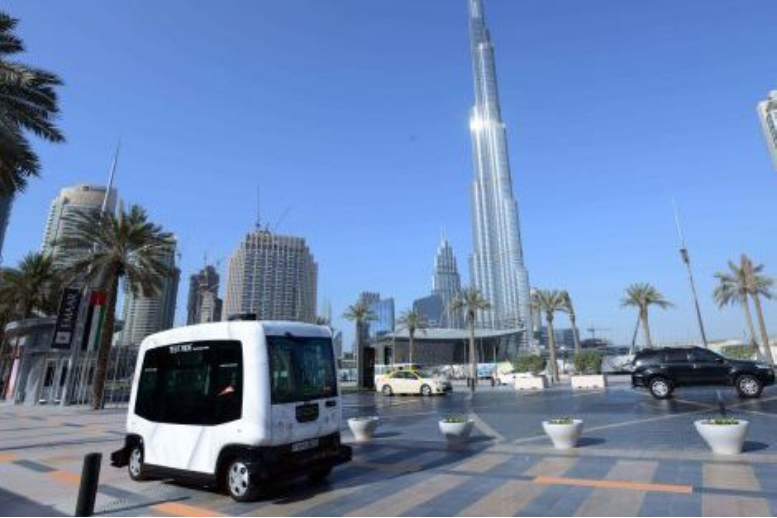UAE among world’s most prepared for autonomous vehicles

The UAE surpassed countries including South Korea and Japan in the first edition of a global index published by KPMG
The UAE is the eighth-most prepared country in the world in terms of utilising autonomous vehicles (AV), an index generated by global consultancy KPMG has found.
The UAE registered an index score of 20.89, while the world leader, the Netherlands, registered a score of 27.73.
At eighth place, the UAE surpassed some of the world’s most innovative countries such as South Korea and Japan. It also ranked ahead of several European countries including Austria, France and Spain.
The first edition of Autonomous Vehicle Readiness Index (AVRI) ranked 20 countries across four pillars – namely policy and legislation, technology and innovation, infrastructure and consumer acceptance.
Across the four pillars, the UAE scored best in terms of infrastructure, ranking fifth out of the 20 countries included in the index. The pillar has six variables that include density of electric vehicle charging stations per 100 kilometres and fourth-generation (4G) telecom network coverage.
The index integrated the global ranking of the 20 countries from other existing reports and indices such as the annual Networked Readiness Index published by the World Economic Forum, which gave the UAE the highest rating of the 20 countries for road quality, an important factor in infrastructure readiness. “It could build on this through encouraging private-sector innovation,” the report said.
The UAE performed weakest in terms of technology and innovation, ranking only 14th. This pillar comprised nine variables, including AV-related patents per million people, research and development AV hubs and market share of electric cars.
However, it is expected that “Dubai’s desire to excel in the field of artificial intelligence, big data and data analytics, which it will overlay on its existing ‘hard’ infrastructure,” will ensure the UAE will perform well in the index.
Ravi Suri, partner in KPMG’s advisory division in the UAE, cited that Dubai’s learnings from its successful implementation of driverless trains and its initiative on flying taxis “will ensure its leadership position in this field is maintained.”
The UAE ranked sixth in terms of policy legislation and eighth in terms of consumer acceptance.
Singapore, the US, Sweden and the UK join the Netherlands as the world’s top five most prepared countries for AV.
Dubai completed trial runs for autonomous vehicles between 2016 and 2017 at Dubai World Trade Centre and Mohammed bin Rashid Boulevard.
Dubai’s Roads & Transport Authority (RTA) is also currently running a pilot trial on Sheikh Mohammed bin Rashid Boulevard, with a driverless test car passing through the three intersections between the Dubai Mall and an underground parking area.
Abu Dhabi’s Masdar City is home to what is considered the world’s first permanent personal rapid transit (PRT) system, which came into operation in 2010.
Last year, Dubai-based developer Meraas awarded Netherlands’ 2getthere a contract for 25 driverless group rapid transit (GRT) systems to be used at the Bluewaters Island development.
The autonomous vehicles, each of which could carry 24 passengers, will link the waterfront development with the Nakheel Harbour and Tower Metro station, which are estimated to be 2.5km apart. The journey is expected to take 4.5 minutes.
The vehicles can transport 3,350 people per hour in each direction, with the possibility to increase to 5,000, the company said.


